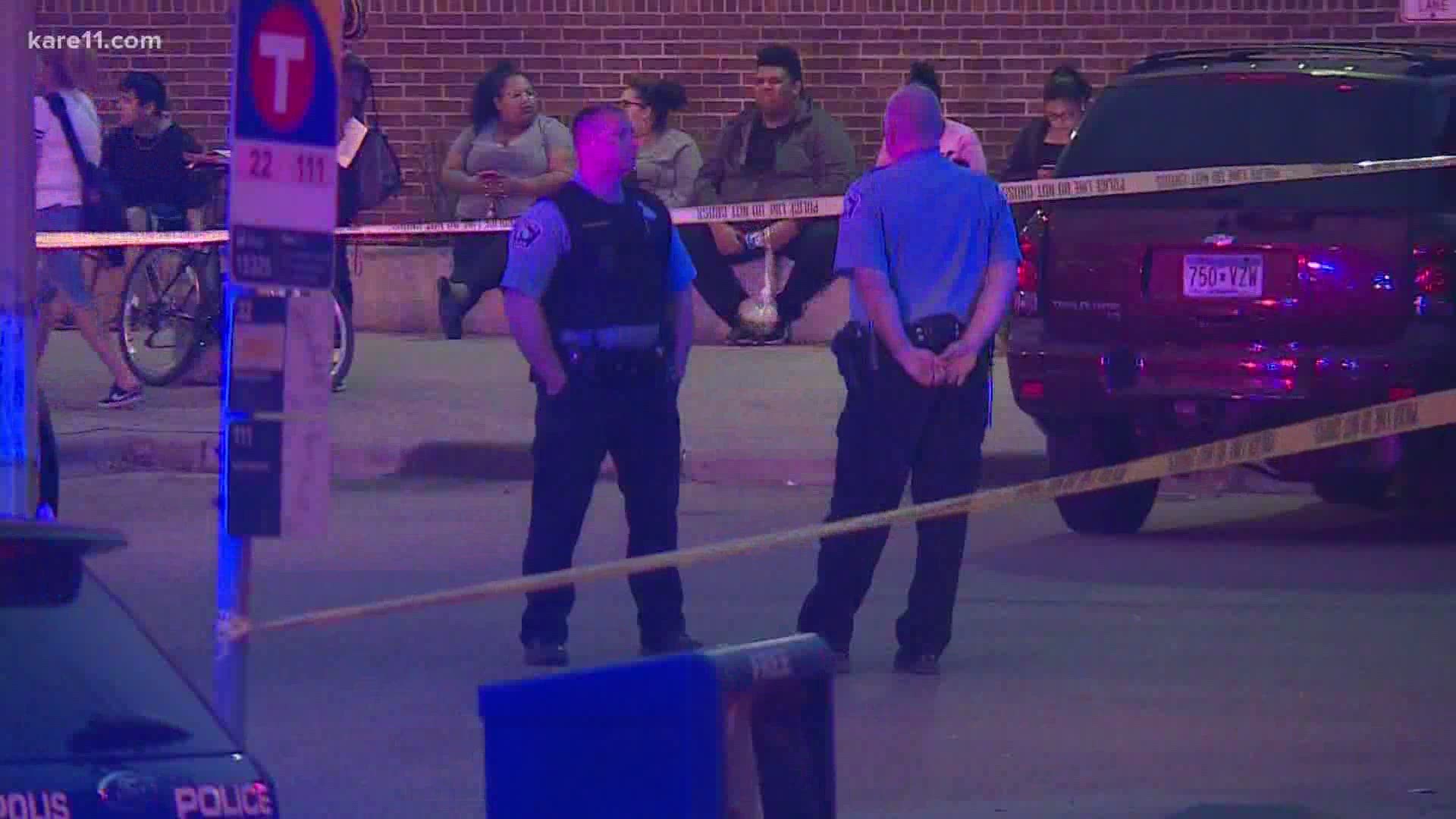ST PAUL, Minn. — It's being called the first step toward transformative change in policing in Minnesota, an effort to build community trust in law enforcement and reduce fatal encounters with officers.
State lawmakers Tuesday morning approved the first wave of policing reforms in response to the collective outrage over the killing of George Floyd by a Minneapolis police officer Memorial Day.
The package of legislation includes a ban on choke holds and hog-tie restraints, and a duty for officers to intervene and report when fellow officers use those banned holds during a normal arrest.
"We saw three other officers sitting by as Derek Chauvin killed George Floyd," House Speaker Melissa Hortman, the DFL House Speaker told reporters.
"They had a duty to stop what was happening. We now make that absolutely clear in law."
Floyd died while pinned to the pavement at 38th and Chicago in south Minneapolis by three officers for more than eight minutes after being handcuffed. Chauvin could be seen in a citizen video holding his knee to Floyd's neck as Floyd cried out that he couldn't breathe.
The key changes include:
- Ban on choke holds and duty to intervene and report
- Statewide use of force tracking by the BCA
- BCA special unit to investigate use of force incidents
- Government barred from paying for "warrior" style survival training
- Officer discipline records tracked on behalf of POST Board
- Mental health and Autism training for officers
- Trauma and critical incident debriefing services for officers
"It was especially important to tell the families the work they’ve been doing to bring these issues to the fore were worth it and we heard them," Rep. Hortman remarked.
While some focused on what was left out of bill, Gov. Walz said it was a significant move forward especially considering how efforts fell apart during the first special session in June.
"No piece of legislation is perfect, and I wouldn’t view it as the end," Walz told reporters Tuesday.
"We were able to pass that and there was not a single hearing on this in the Senate. And yet they still voted for it and passed It. I would consider that to be progress."
The legislation was the culmination of negotiations between House Public Safety Chair Carlos Mariani and Senate Public Safety Chair Warren Limmer - talks that began in earnest July 6.
Hortman thanked law enforcement professional associations and business groups for lending their support to the process. She said it was also very helpful that Rep. Rena Moran had previously worked with Brian Peters, the executive director of the Minnesota Police and Peace Officers Association, on a statewide use of force working group.
House Majority Leader Ryan Winkler, a Golden Valley Democrat, said the Legislature needs to pass laws from an anti-racist point of view to address the racial disparities that are at the heart of many negative encounters between police and people of color.
"It will take a long time of dedicated work to change the inequity upon which all of the civil unrest was built this year," Rep. Winkler explained.
"The unrest is really the tip of the iceberg of inequality and inequity in Minnesota and as long as those deep inequities in health, education, income, policing continue to exist we are going to continue to live in a powder keg."
During discussion of the bill in the wee hours Tuesday morning DFL senators regretted the package hadn't gone further when it came to holding officers criminally liable for illegal restraints and protecting those who do report illegal holds from retaliation within their own police departments.
Republicans rejected efforts to automatically designate the Attorney General as the lead prosecutor of crimes that arise from officer-involved homicides. They also ruled out removing the statute of limitations for families of those killed by officers to file civil lawsuits.
"Our work is not done because people are still crying. They're crying for change," Sen. Foung Hawj, a St. Paul Democrat and Hmong immigrant, told his colleagues.
Sen. Jeffrey Hayden criticized the Republican majority for drawing up their versions of reform bills without consulting the Black members of the Senate and other lawmakers who are persons of color.

